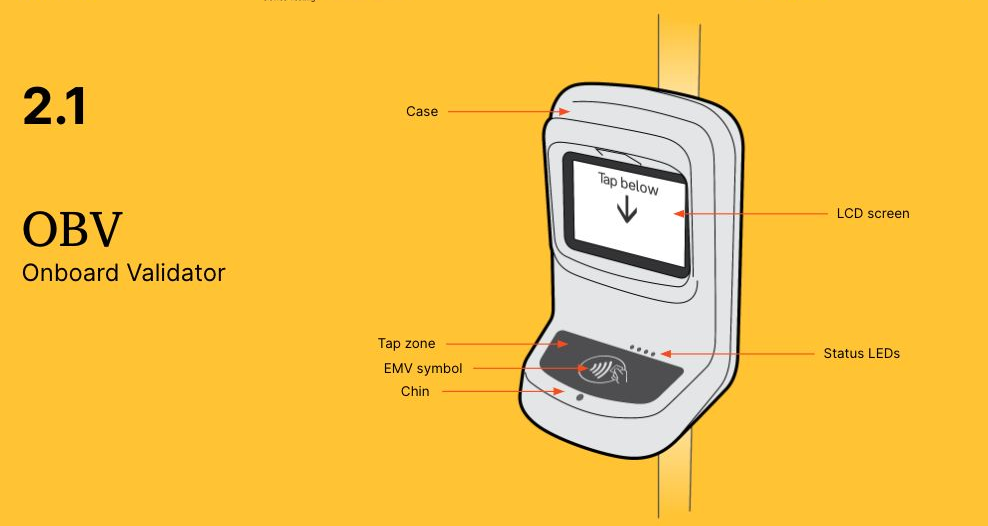Worksafe
Bringing the worker voice to the mental injury claims process
WorkSafe Victoria engaged us to improve mental injury return to work (RTW) outcomes.
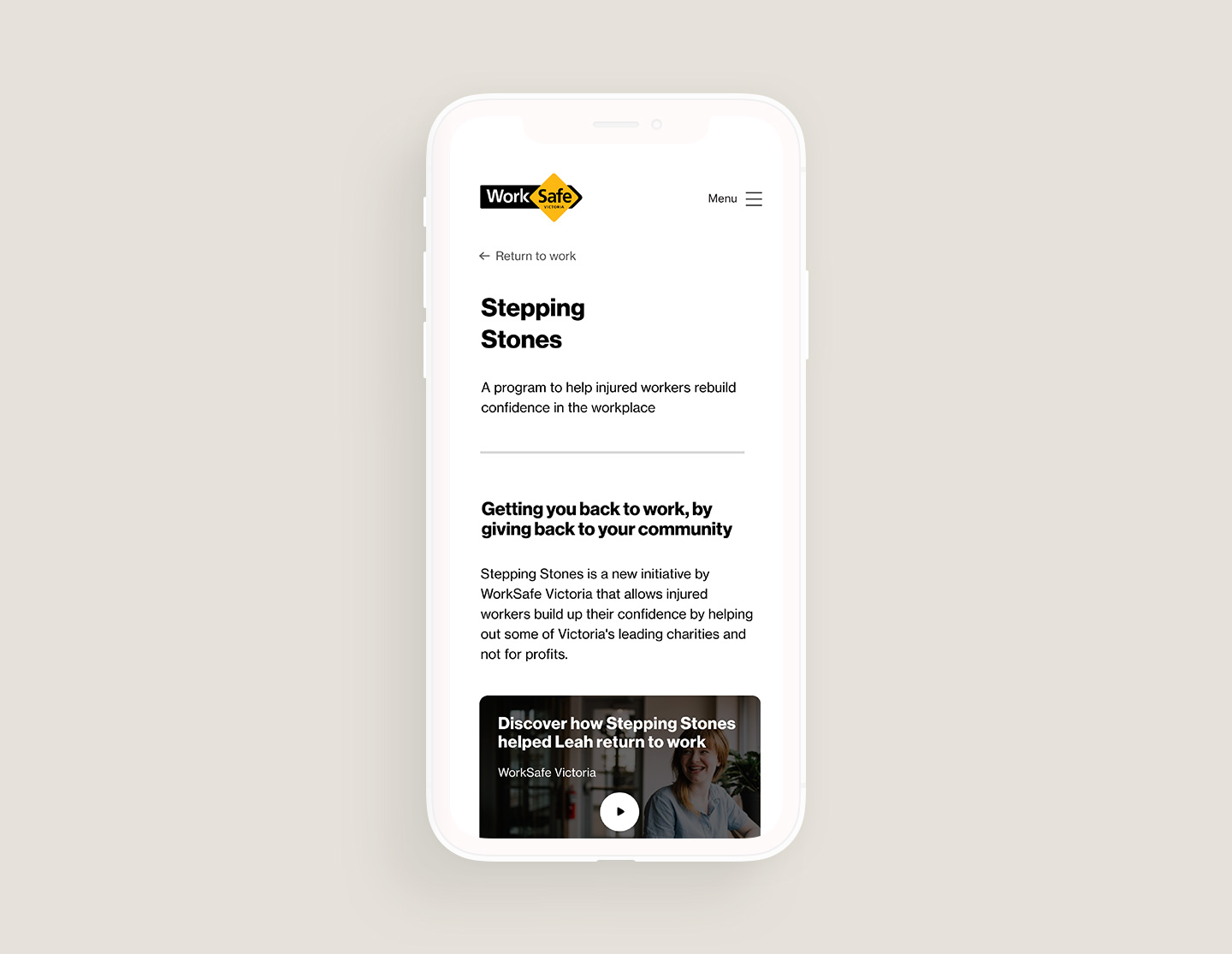
Outcomes
-
Clear understanding of the complexity and challenges of the mental injury return-to-work journey across the organisation
-
Clear and actionable set of ‘jobs to be done’ by workers, employers, and other parties that can be addressed through future design work
-
7 promising concepts and 1 priority concept for workplace to address RTW issues, now in development
-
20+ ‘parked’ concepts to research at a later date
Services
- Service Design
- Product Design
Sectors
Framing the challenge
Workplace mental injury has been recognised as a major issue in Australia, due to the negative impact on individual employees and the high workplace cost associated with their conditions.
This is evidenced by:
- While making up only 6% of claims, workplace mental health costs are disproportionate due to typically longer periods away from work and higher pay-outs
- The proportion of workers returning to work are low (50.73%) and declining (–5.1% in the year ending June 2019)
- The number of mental injury claims being lodged in Victoria is rising
- Previous ‘process-centred’ interventions have not resulted in the improved RTW outcomes that had been anticipated
Our project concentrated solely on workers and employers from small–medium enterprises (SMEs), as they often lack the experience, resources and expertise required to manage claims found within larger organisations.
Our human-centred approach takes the experiences of both employers and employees seriously
Working closely with the WorkSafe Victoria Return to Work and Innovation teams, Paper Giant applied human-centred design tools and methods to the challenge of improving RTW rates for workers with a mental injury.
Over the course of fifty 1:1 interviews with subject matter experts, injured workers and employers, we developed a nuanced appreciation of the challenges both workers and employers face in their pre, during and post-claim experiences.
The research team applied the ethics framework developed by Paper Giant for research and design. Researchers ensured that participants knew where to turn to for support, with a pre-prepared ‘Psychological Safety Pack’ made available.
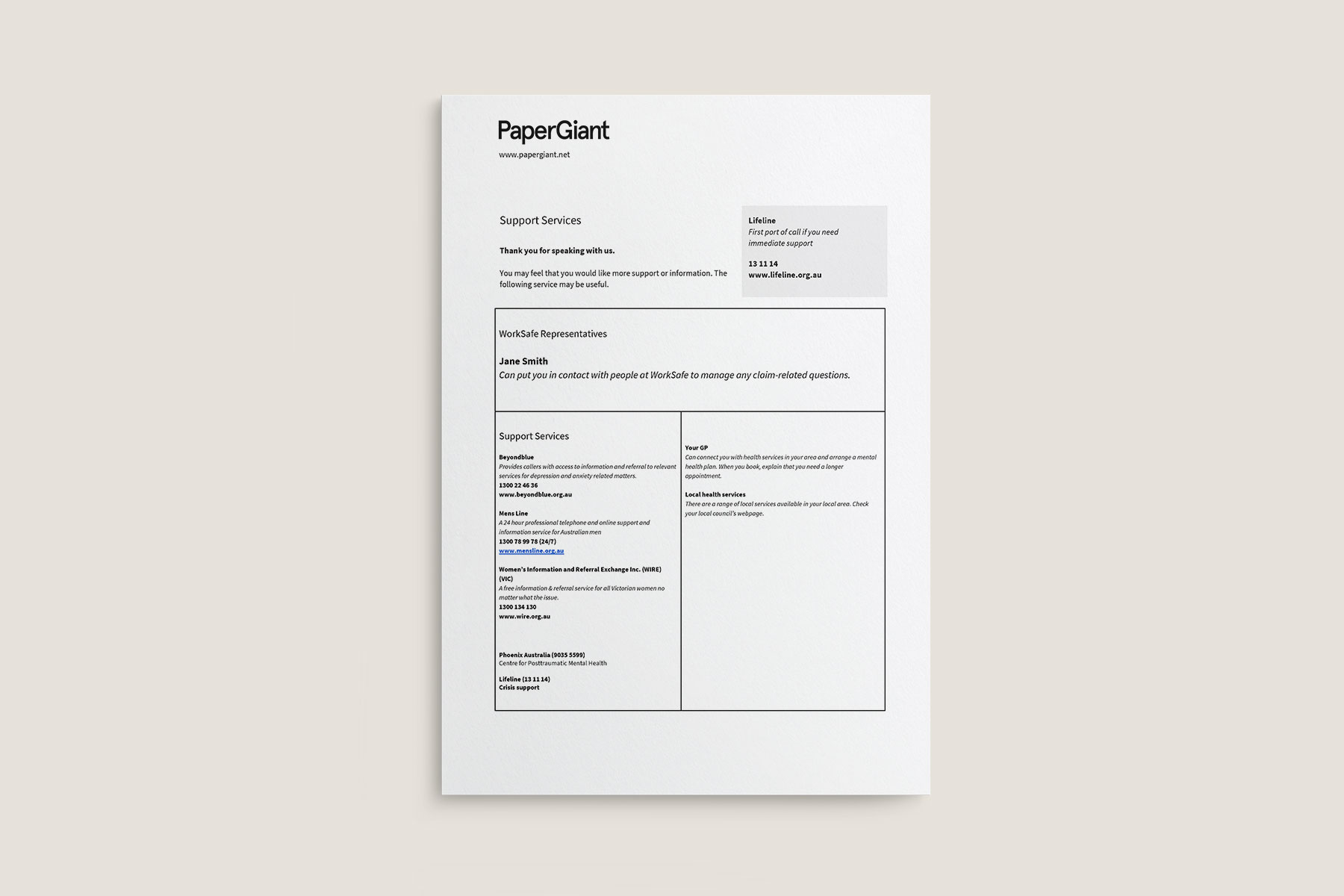
The support pack developed for participants
Employers and employees have two distinct journeys
For employers – largely under-resourced and uneducated on the topic of mental wellbeing – their limited ability to detect and respond to staff needs was often experienced as neglect by the injured worker.
While an employer primarily feels financial effects, the worker’s journey is emotionally taxing. It is repeatedly plagued by experiences of shame, isolation, uncertainty and powerlessness, limiting their ability to rebuild, recover, and return to work.
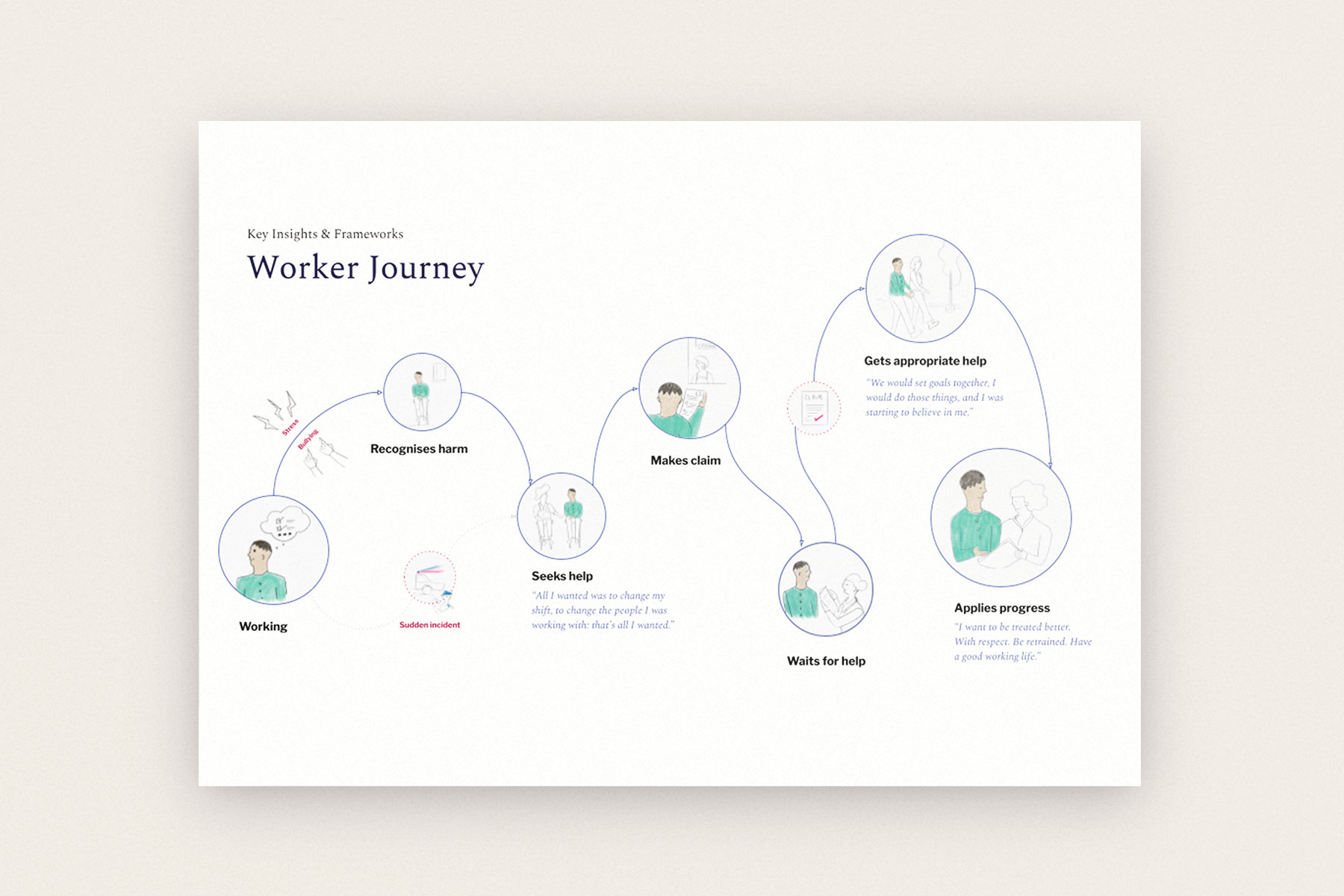
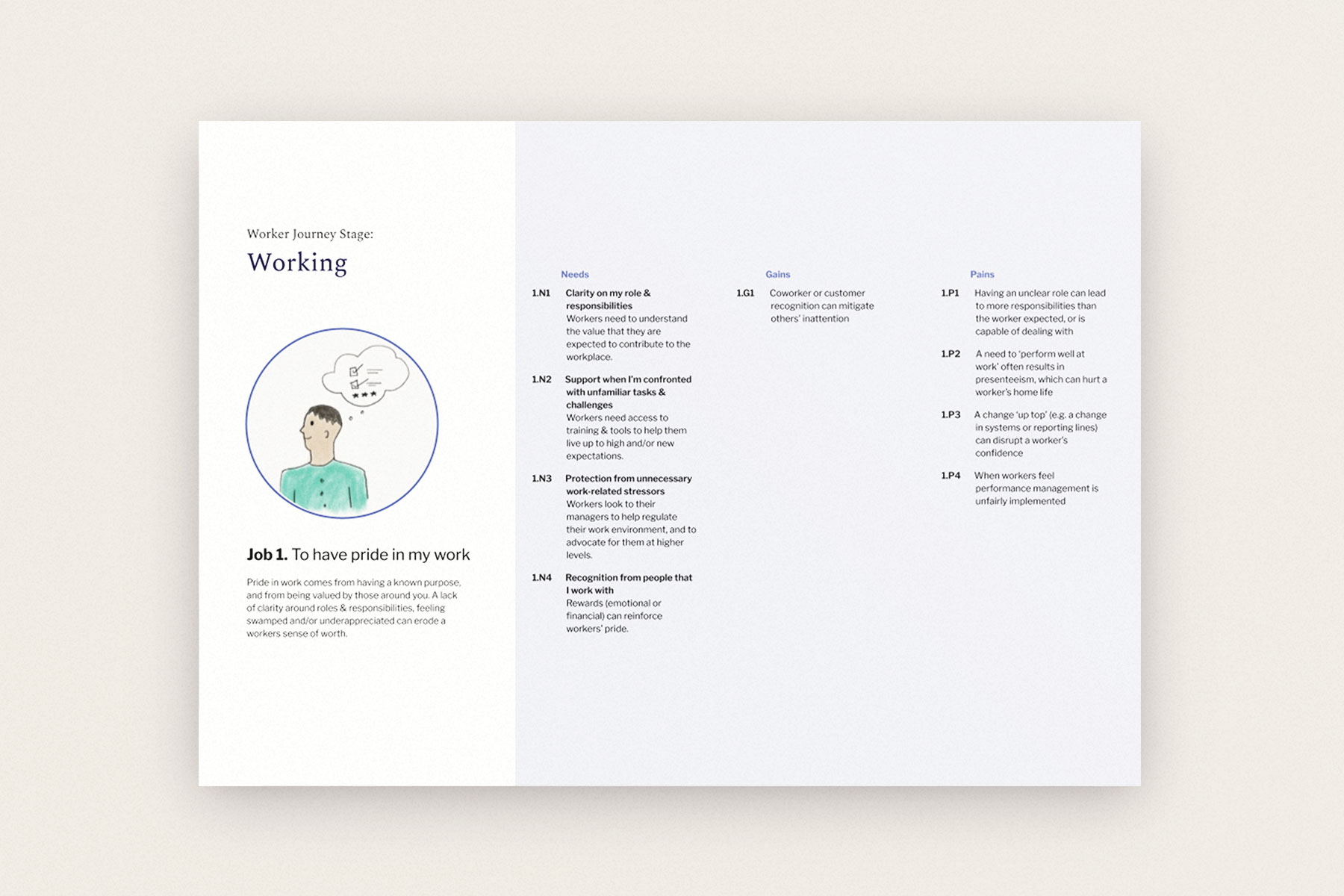
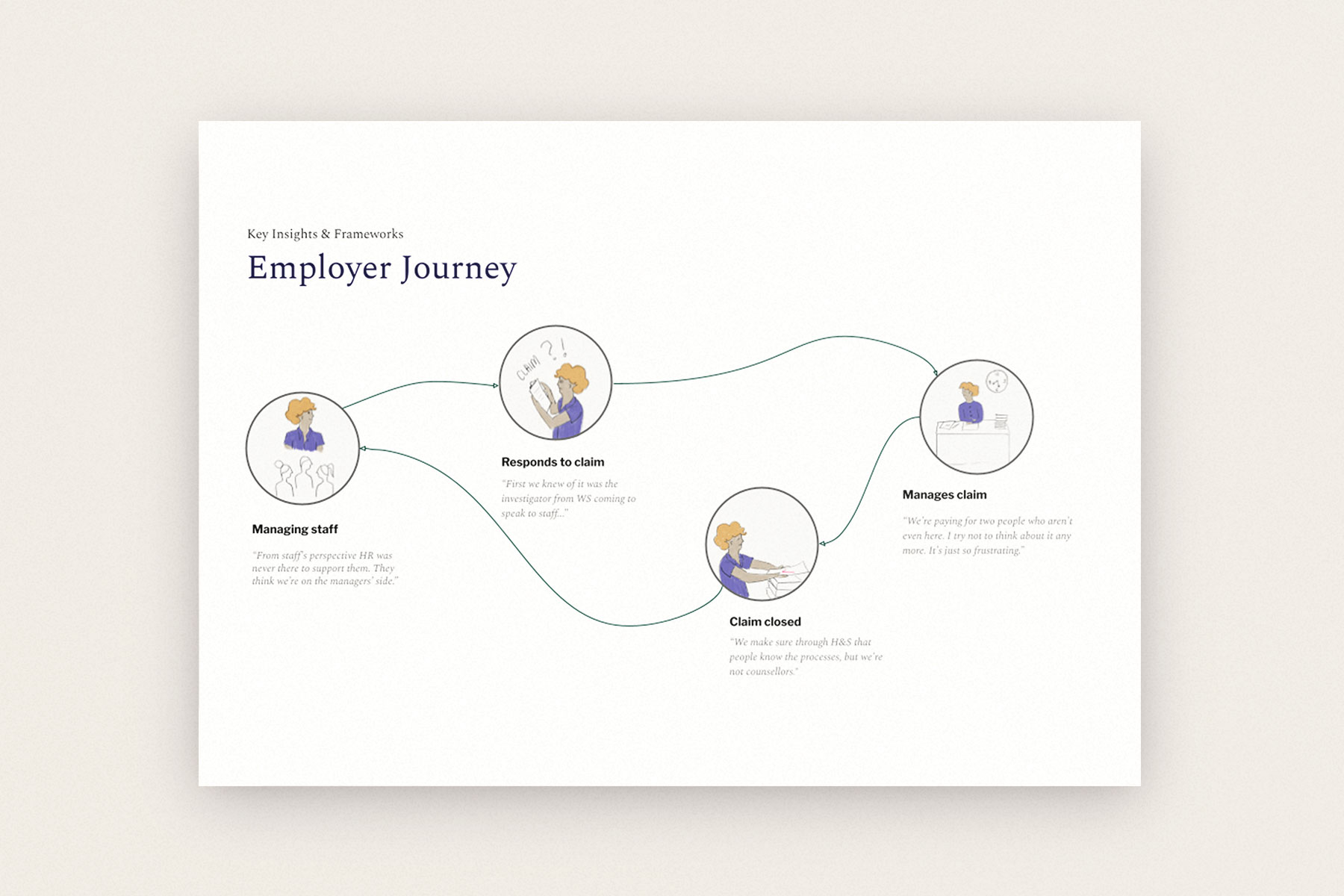
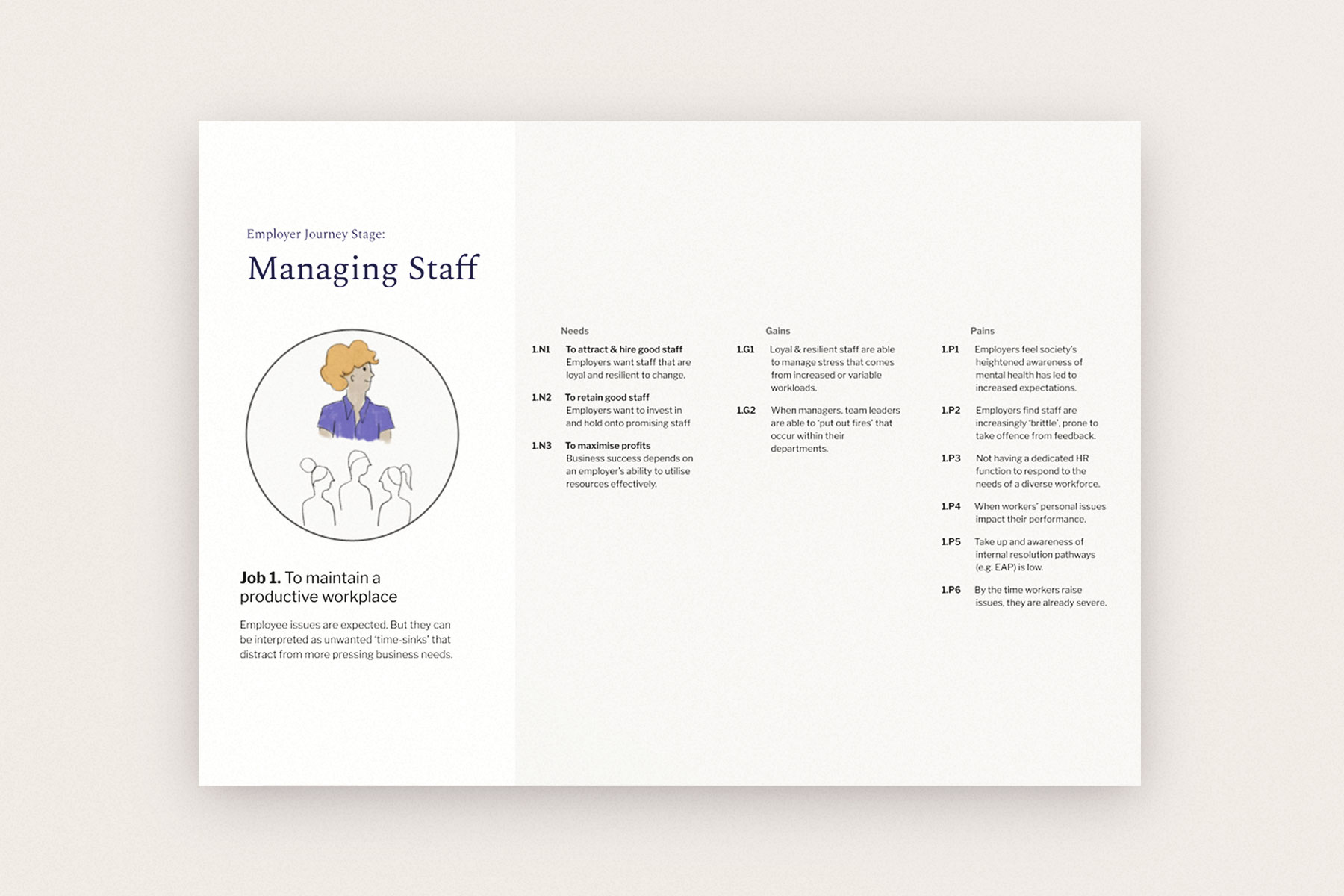
Giving voice to the injured worker
Building on the insights from our research, we generated a number of intervention concepts, seven of which were taken into testing with employers and workers. Each of the seven interventions seeks to strengthen workers’ capacity for connection, to build their confidence, and, ultimately, increase their likelihood of recovery and a successful return to work.
Each concept addresses pain points as well as moments that workers and employers identified as being most likely to expedite a successful return to work.
While ambitious in their aspiration, each concept was carefully considered in terms of the steps required to evolve the concept further, allowing for a risk-managed and iterative path to market.
Continuing after this project’s completion, the end-to-end experience maps and ‘jobs to be done’ identify numerous opportunities for future attention – perhaps most importantly at the prevention stage, and in the critical 28-day claim-pending period.

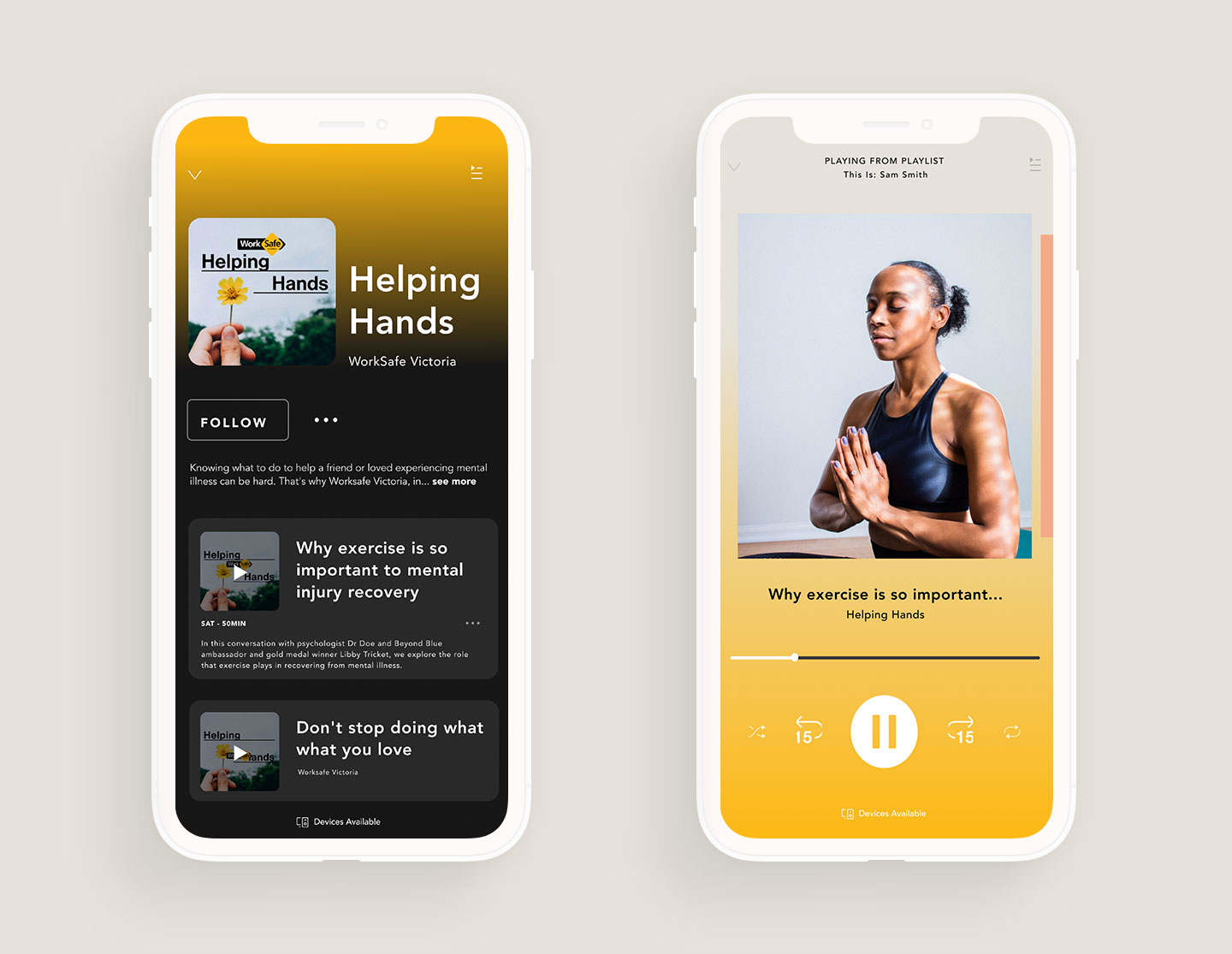
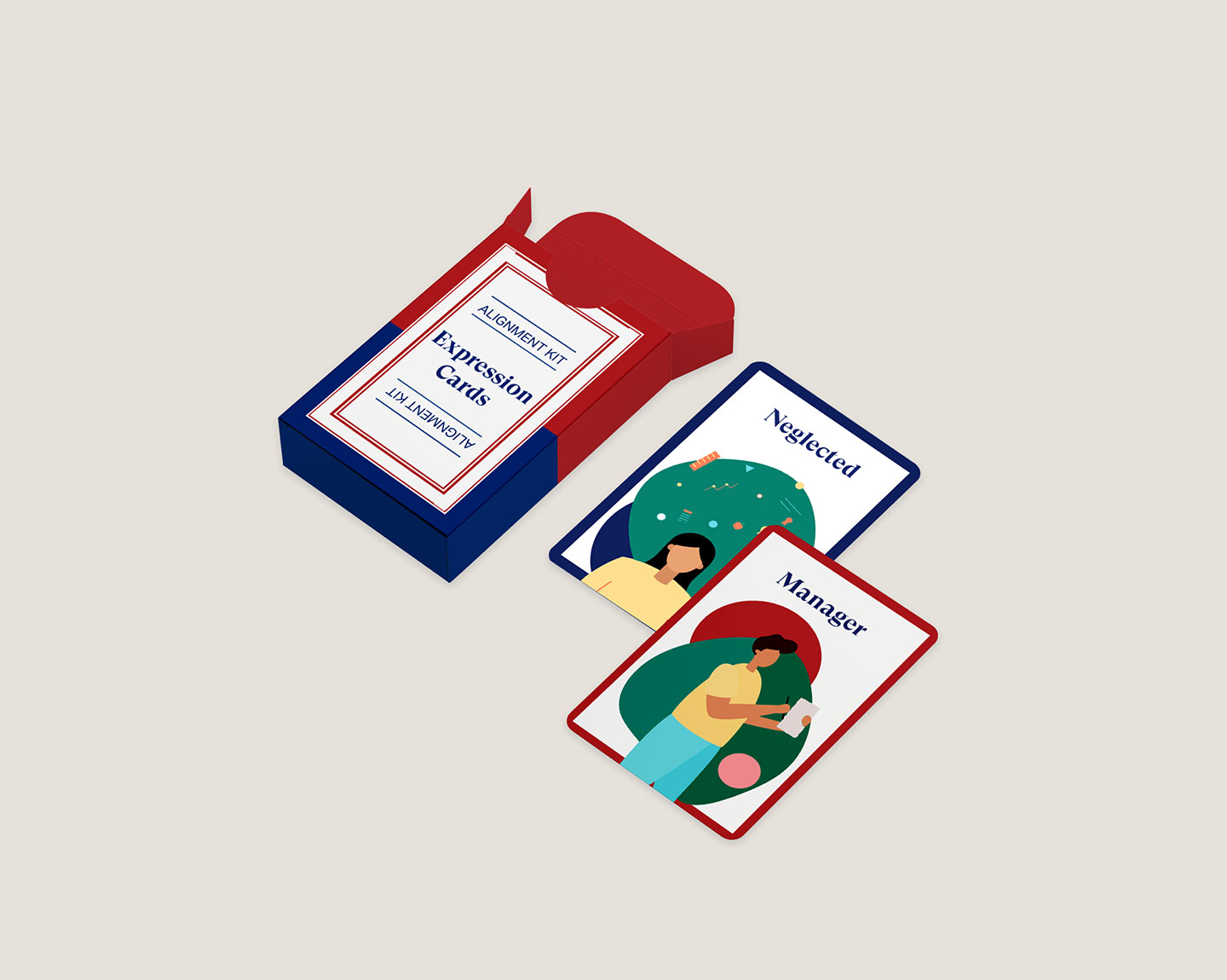
Prioritised concepts from the project each of which has actions for the now, next and future to make them happen
To go fast, go alone. To go far, go together.
Whether as interviewed subject matter experts, or invitees to our regular showcases, the project team made deliberate efforts to ensure key stakeholders such as agents and internal partners were engaged across the project.
Our collaborative approach means a coalition of potential partners and internal sponsors have already formed around a number of concepts, dramatically increasing the likelihood of multiple interventions being developed further.

